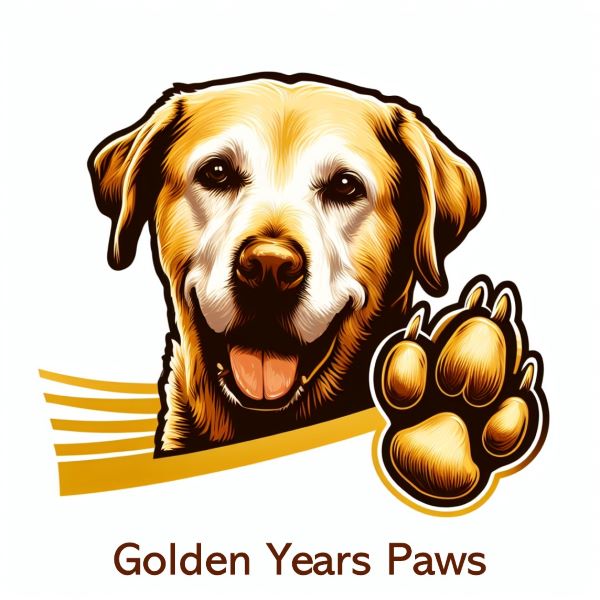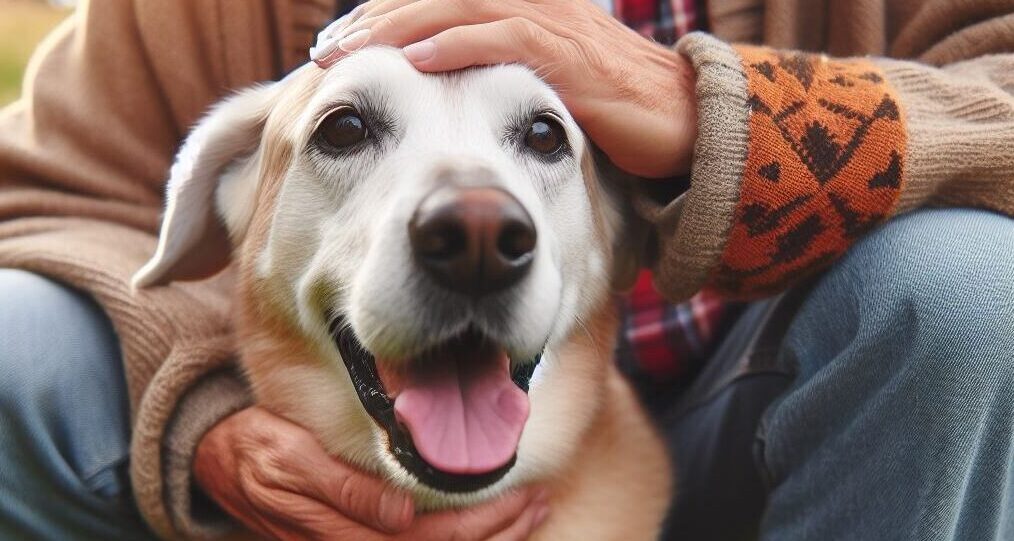Hello, fellow dog enthusiasts!
As we embark on the journey of caring for our beloved senior dogs, it’s crucial to understand the best practices that contribute to their health and happiness in their golden years. In this comprehensive guide, we’ll explore fundamental aspects of providing top-notch care for senior dogs, ensuring they thrive and continue to bring joy to our lives.
The Golden Years Begin: Introduction to Senior Dog Care
As responsible pet owners, we need to be well-versed in the unique needs of senior dogs. The golden years mark a significant transition in a dog’s life, and understanding the aging process is essential. This article will serve as your comprehensive guide, covering essential topics such as nutrition, exercise, health monitoring, and the emotional well-being of your aging canine companion.
Understanding Aging in Dogs: A Unique Journey
The aging process in dogs, much like in humans, brings about various changes. From a slowing metabolism to potential health challenges, it’s crucial to recognize and adapt to the evolving needs of our senior companions. This stage typically begins around the age of 7, but the specific timeline can vary based on the dog’s size and breed.
Understanding Senior Dog Nutrition: A Key to Vitality
Proper nutrition is a cornerstone of senior dog care. In their golden years, dogs require a balanced diet tailored to their specific needs. Explore the best dietary practices to support your dog’s overall well-being. We’ll delve into the significance of essential nutrients, the role of specialized diets, and how nutritional considerations can enhance the vitality of your senior furry friend.
Nutritional Considerations for Senior Dogs
As dogs age, their metabolism may slow down, and they may be prone to weight gain. This makes it crucial to choose a diet that meets their nutritional requirements while managing their weight. Look for dog food specially formulated for senior dogs, often containing lower calories, higher fiber, and joint-supporting additives like glucosamine.
Tailoring Exercise for Aging Companions
Maintaining an active lifestyle is crucial for senior dogs, but it requires a tailored approach. Discover how to adapt exercise routines to suit the needs and capabilities of your aging companion. We’ll discuss gentle activities, suitable playtime, and the importance of keeping your senior dog physically engaged. Exercise isn’t just about physical health; it also contributes to mental stimulation and emotional well-being.
Customizing Exercises for Senior Dogs
Senior dogs may not have the same stamina as their younger counterparts, but they still benefit greatly from regular exercise. Consider low-impact activities like short walks, gentle play sessions, or even hydrotherapy if your senior dog enjoys water. The key is to keep them moving while being mindful of their comfort and physical condition.
Monitoring Senior Dog Health: Signs, Symptoms, and Regular Check-ups
Understanding the signs of health issues in senior dogs is vital for early intervention. Explore the common health concerns faced by aging dogs, including arthritis, dental problems, and cognitive decline. Learn how regular veterinary check-ups play a pivotal role in ensuring their ongoing health. We’ll discuss the importance of proactive health monitoring, empowering you to recognize signs and symptoms that may require attention.
Proactive Health Monitoring: A Preventive Approach
Regular veterinary check-ups are not just reactive measures but proactive steps in ensuring the continued health and well-being of your senior dog. During these visits, your veterinarian can conduct thorough examinations, screenings, and assessments to detect potential issues before they escalate. This proactive approach is particularly important as certain health conditions, like arthritis or dental problems, can be managed more effectively when identified early.
Emotional Well-being: The Heart of Senior Dog Happiness
The emotional well-being of senior dogs is often overlooked but is equally crucial for their overall happiness. Uncover the secrets to providing a supportive and loving environment that caters to the emotional needs of your aging friend. From mental stimulation to companionship, we’ll discuss ways to ensure your senior dog’s golden years are emotionally fulfilling. Learn about the impact of cognitive decline and how to provide a comforting and enriching environment.
Embracing the Emotional Needs of Senior Dogs
Senior dogs, much like humans, can experience changes in behavior and mood. Understanding and addressing their emotional needs is fundamental to ensuring their overall well-being. Create a calm and comforting environment, engage in activities that provide mental stimulation, and offer plenty of companionship to alleviate any feelings of loneliness or anxiety.
Navigating the Golden Years with Confidence
In conclusion, caring for a senior dog is a rewarding journey that requires dedication and knowledge. By implementing the best practices discussed in this extensive guide, you’ll be equipped to navigate the golden years with confidence, providing your senior dog with a life filled with love, care, and joy.
Remember, your senior dog’s well-being is at the heart of everything we do. Let’s celebrate the joy of aging with our loyal companions!
Warmest Wags,
Morena
Founder, GoldenYearsPaws.com


